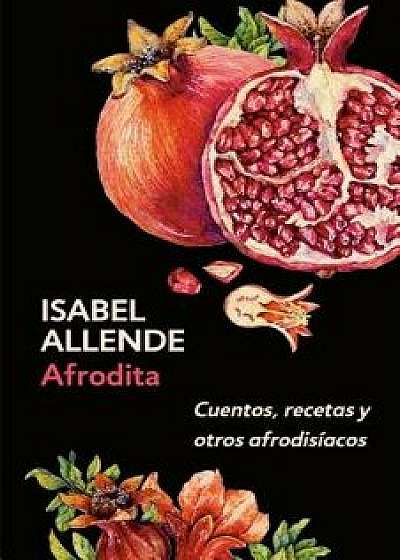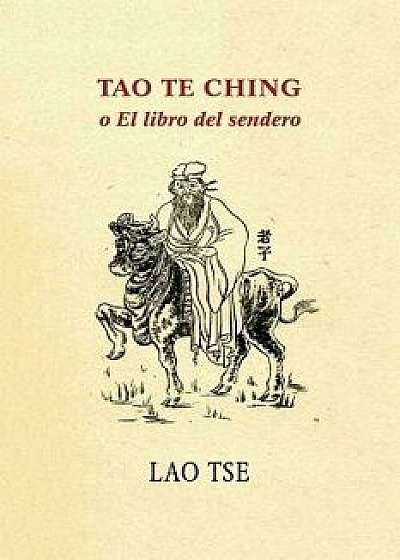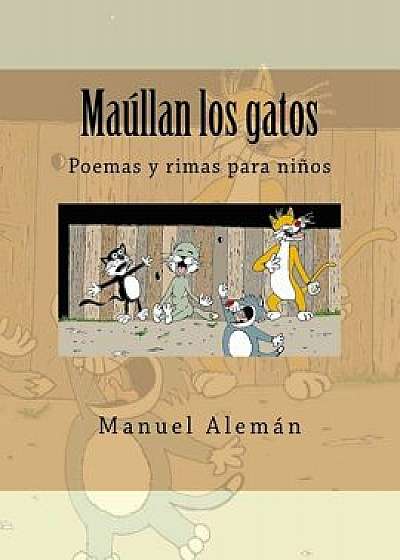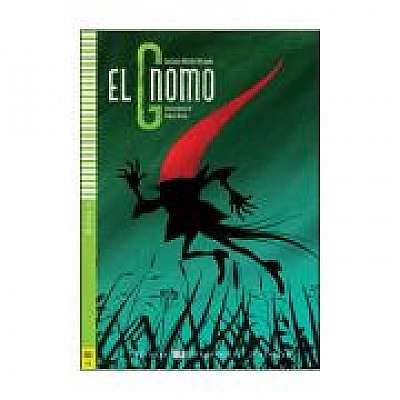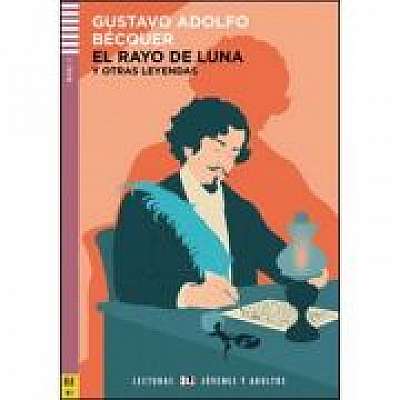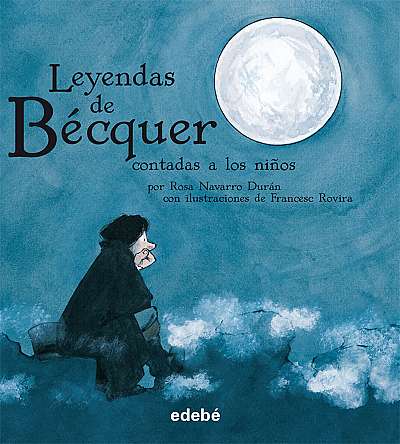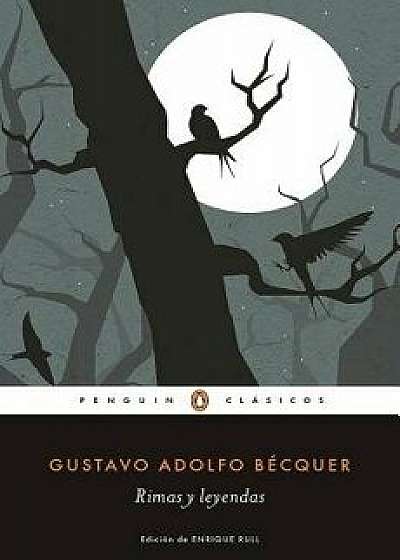
Rimas Y Leyendas / Rhymes and Legends, Paperback/Gustavo Adolfo Becquer
Descriere
Los mejores libros jam s escritos. Podr no haber poetas; pero siempre habr poes a. Las Rimas de B cquer son hoy la m s conocida de las colecciones po ticas del siglo XIX. Exponente de una l rica inc moda en el cors rom ntico y casi modernista, estos poemas breves deben su liviandad a un esforzado trabajo de depuraci n estil stica. A su vez, las Leyendas son narraciones fant sticas de tono intimista y l gubre, basadas en su mayor a en relatos populares, y suponen una de las producciones m s representativas del posromanticismo de nuestro pa s. El catedr tico em rito en literatura espa ola de la Universidad Nacional de Educaci n a Distancia Enrique Rull firma la introducci n, las actividades finales y las notas que acompa an al lector a lo largo del volumen. Desde la semblanza de B cquer hasta el an lisis de su po tica y el estudio de las fuentes de las que bebe su narrativa, la presente edici n, que incluye asimismo las Cartas literarias a una mujer, resulta imprescindible para el estudio pormenorizado de esta obra cumbre de las letras hisp nicas. ENGLISH DESCRIPTION The best books ever written."There may be no poets, but there will always be poetry." B cquer's Rhymes have become the most well-known of the 19th-century poetry collections. A prime exponent of a lyric poetry that is uncomfortable in the confines of romanticism and almost modernist, these short poems owe their lightness to a zealous effort at stylistic refinement. At the same time, the Legends are fantastic narrations with an intimate, somber tone, based for the most part on popular tales, and form one of the most representative works of Post-Romanticism in Spain. Enrique Rull, professor emeritus in Spanish Literature at the National University of Distance Learning, has signed the introduction, the final activities, and the notes that accompany the reader throughout the volume. From the biographical sketch of B cquer to the analysis of his poetics and the study of the sources from which his narrative Abou
